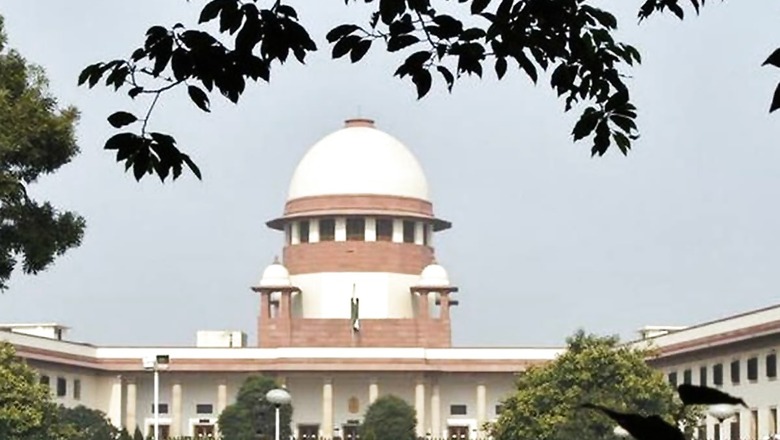
views
The Supreme Court will on Tuesday deliver its judgment on a number of petitions challenging the validity of the three farm laws that were enacted by the central government in September 2020. On Monday, the court hinted at staying the implementation of the new laws in order to “facilitate” a solution. Here’s a timeline of how the protests erupted in June 2020, the ‘chakka jam’ that brought traffic to a standstill and the government’s efforts to break the logjam.
June 5: Three farm bills are promulgated by the Centre as ordinances.
June 14: The Bharatiya Kisan Union(Ugrahan) issues a statement objecting to the ordinances.
June 14 to 30: Farmers express their apprehension, saying the farm reforms would pave a way for the dismantling of the minimum support price system, leaving them at the “mercy” of big companies. Farmer protests start erupting in a phased manner in Punjab.
September 17: Harsimrat Kaur, the lone minister of the BJP’s long-standing ally Shiromani Akali Dal, resigns as Union food processing minister over the controversial bills.
September 27: Amid ongoing protests by farmers and opposition parties, President Ram Nath Kovind gives his assent to the three bills earlier passed by the Indian Parliament. These Farm Acts are: Farmers’ Produce Trade and Commerce (Promotion and Facilitation) Bill, 2020; Farmers (Empowerment and Protection) Agreement on Price Assurance and Farm Services Bill, 2020; Essential Commodities (Amendment) Bill 2020.
September 24: Farmers in Punjab began a three-day ‘rail roko’ agitation bills. The Ferozepur Railway division is suspended the operation of special trains due to the stir.The call for ‘rail roko’ agitation is given by the Kisan Mazdoor Sangharsh Committee and later, different farmers’ outfits also extend their support.
November 3: Farmers’ leaders announce a nationwide road blockade – chakka jam – on as part of their protest.
November 25: Farmers’ unions in Punjab and Haryana give call for ‘Delhi Chalo’ movement. Farmers are allowed to enter Delhi on November 27 after a confrontation with Delhi Police.
November 28: Thousands of farmers reach the national capital on their tractor-trolleys and other vehicles, responding to the ‘Delhi Chalo’ call against the laws.
November 29: In his radio address Mann Ki Baat, Prime Minister Narendra Modi says that all political parties had been making promises to the farmers “but now these promises had been fulfilled”, citing an example of the Maharashtrian farmer whose payments for his corn crop was kept pending by traders for four months.
December 9: Farmer leaders rejected the Union government’s proposal to amend the three contentious laws and vow to further intensify their agitation until the laws are repealed.
December 13: Stopped by the Haryana Police at the border with Rajasthan, hundreds of farmers from Rajasthan, Haryana, Punjab, Maharashtra, Gujarat and several other states, stage a sit-in on the Delhi-Jaipur Highway, blocking the carriageway towards Delhi. Led by Narmada Bachao Andolan’s Medha Patkar and Swaraj India national president Yogendra Yadav, the farmers head to Delhi under the Samyukta Kisan Morcha, a joint front of farmer unions.
January 11: The Supreme Court Monday pulled up the Centre for its handling of the farmers protest against the new farm laws saying it is extremely disappointed with the way negotiations between them were going and it will constitute a committee headed by a former Chief Justice of India to resolve the impasse. Indicating amply that it may go to the extent of staying the implementation of the contentious farm laws, the apex court refused to grant extra time to the Centre to explore the possibility of amicable solution saying it has already granted the government a long rope.
January 12: The Supreme Court will hear a plea on various issues related to the laws and may take a call on setting up of a committee headed by a former Chief Justice of India (CJI) to find ways to resolve the impasse. One of the petition seeks immediate removal of farmers from Delhi borders. The petition, filed by law student Rishabh Sharma, states that commuters are facing hardships due to blockades by farmers and emergency and medical services have also been severely impacted. A Bench of Chief Justice S A Bobde, Justice A S Bopanna and Justice V Ramasubramanian will hear the petition.
Read all the Latest News, Breaking News and Coronavirus News here











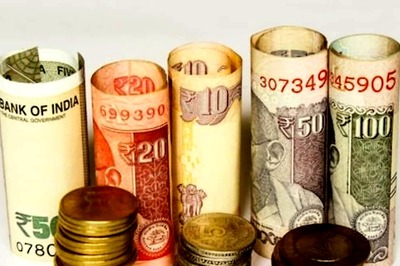


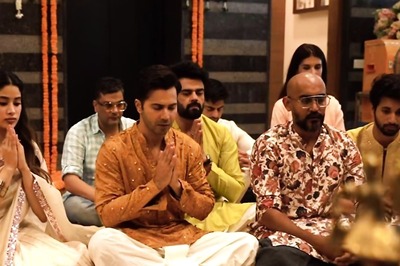
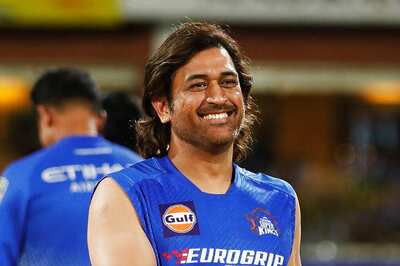
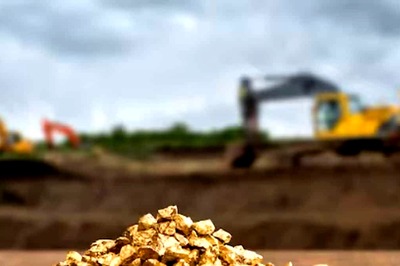

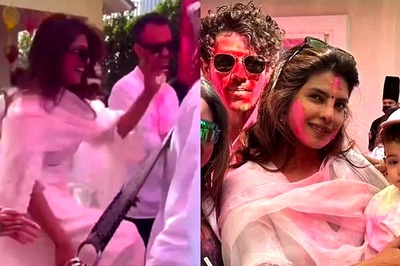
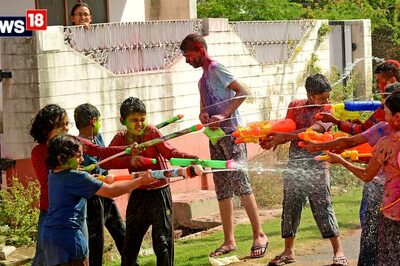
Comments
0 comment